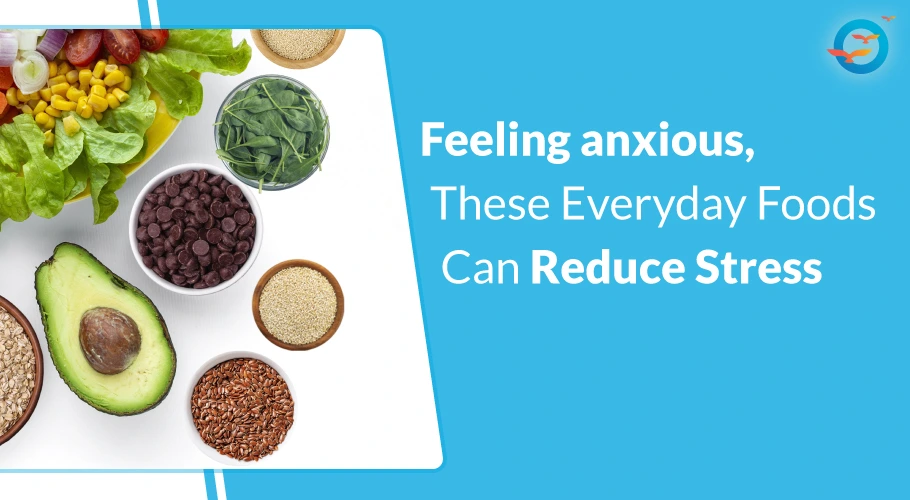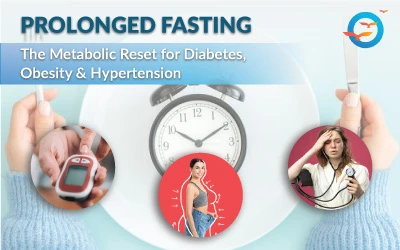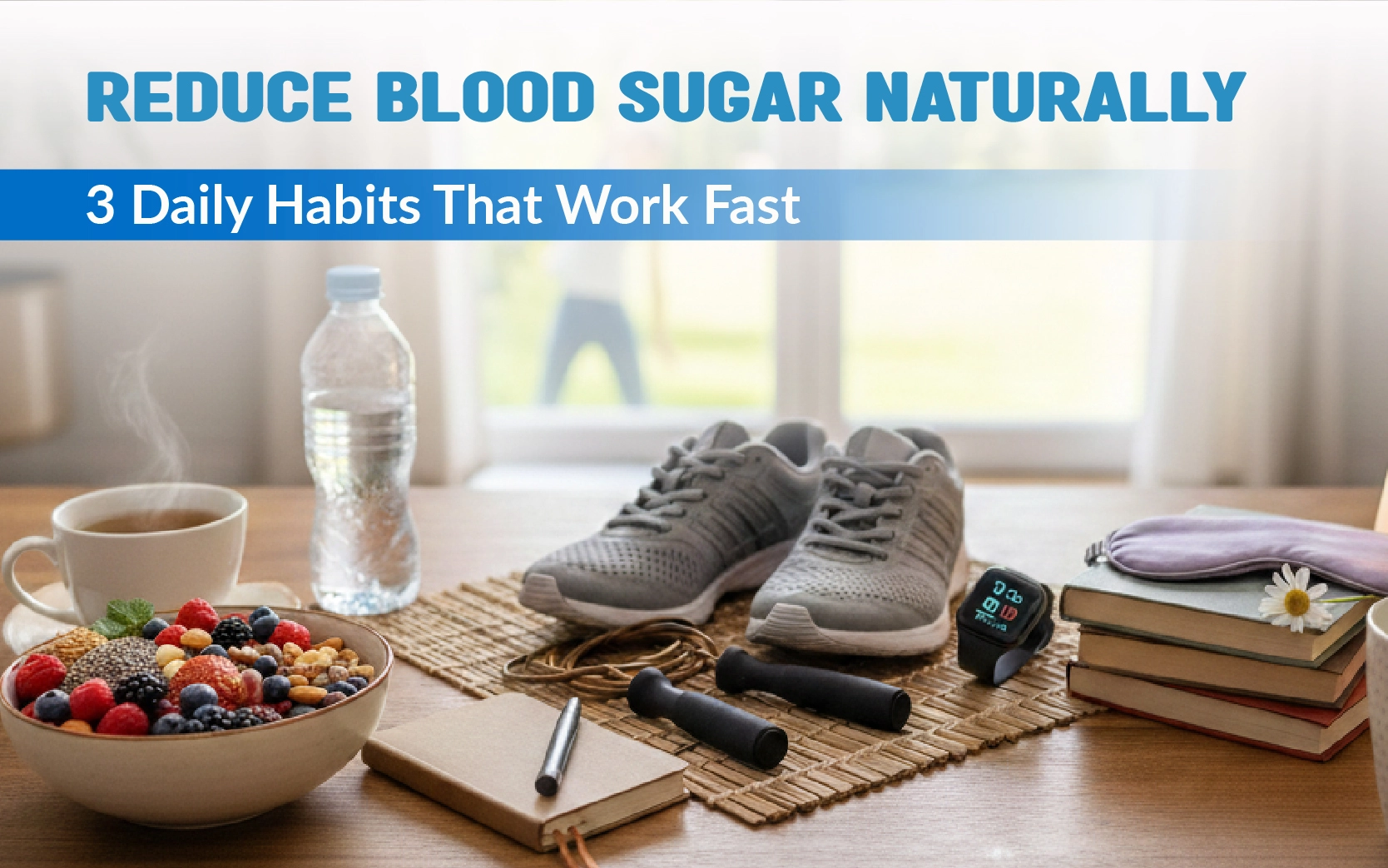Feeling anxious, These Everyday Foods Can Reduce Stress

Feeling anxious, overwhelmed, or burnt out? While stress is a part of daily life, few people realize how much their food choices can influence how stressed they feel. What you eat doesn't just fuel your body, it also affects your brain chemistry, hormones, and emotional balance. In fact, the right foods to reduce stress can naturally calm your mind, stabilize your mood, and help manage stress levels better.
How Diet Affects Stress
Your gut and brain are closely connected. This gut-brain axis is the reason why your food can impact your emotional state. When you eat well, your body produces feel-good chemicals like serotonin and dopamine. But when your diet is full of refined sugar, caffeine, or ultra-processed food, it triggers inflammation, hormonal imbalance, and cortisol spikes.
Cortisol and food are directly related, highly processed or sugary meals can cause cortisol (your stress hormone) to surge. Over time, this can worsen anxiety, disrupt sleep, and affect your ability to focus.
Best Foods to Reduce Stress Naturally
A stress-reducing plate is rich in whole, colorful, and nutrient-dense foods. Here are some mood-boosting foods and ingredients that help bring down stress levels:
- Complex Carbohydrates: Oats, quinoa, and sweet potatoes support serotonin production and keep blood sugar stable.
- Omega-3s: Found in walnuts, flaxseeds, and fatty fish like salmon great for reducing inflammation and anxiety.
- Magnesium-Rich Foods: Spinach, almonds, and avocados help relax the nervous system and lower cortisol levels.
- Probiotics and Prebiotics: Yogurt, kimchi, bananas, and garlic promote a healthy gut, which supports nutrition and mental health.
- Mood Boosting Foods: Berries, oranges, dark chocolate (in moderation), and turkey contain nutrients that support emotional stability.
These are not just foods to improve mood, but they also play a role in balancing hormones and managing chronic stress over time.
Foods That Worsen Stress and Should Be Avoided
Just like some foods help reduce stress, others can make it worse. A true anti-stress diet involves limiting:
- Caffeine & Sugary Snacks: These may offer a temporary high but lead to crashes that affect your energy and mood.
- Ultra-Processed Foods: Packaged snacks and fast food can raise inflammation and disturb your gut microbiome.
- Alcohol and Excess Salt: Both interfere with hydration and sleep essential for emotional regulation.
These foods increase cortisol and blood sugar spikes, making you feel more anxious or sluggish. If you're serious about managing stress, avoiding these is just as important as eating the right foods.
Practical Tips for a Stress-Reducing Diet
Looking to build a stress reducing diet that’s easy and sustainable? Here’s how to start:
- Eating balanced meals at regular intervals skipping meals can make stress worse.
- Choose foods high in fiber, healthy fats, and plant-based protein.
- Hydrate well dehydration can increase irritability.
- Prep simple meals at home to stay in control of ingredients.
Your everyday plate can become your best tool to manage both stress and mood. Whether it’s the best diet for depression or just a smarter way to eat when life feels overwhelming, food can play a big role.
Conclusion
Stress isn’t just emotionality's also chemical. The food you eat can either fuel stress or fight it. By focusing on a whole-food, plant-forward approach, you’ll find it easier to cope with life’s ups and downs. A thoughtful diet for stress doesn’t mean restriction, it means nourishment.
So next time you feel stress creeping in, ask yourself: What’s on my plate?
Want to know how stress impacts diabetes? Visit our blog to learn more.
FAQs
- What are the best foods to reduce stress naturally?
Foods like oats, leafy greens, yogurt, berries, and walnuts help reduce cortisol and support mood. - What should I eat when I feel stressed?
Try a small bowl of oatmeal with berries, a banana with almond butter, or yogurt with seeds. - Can diet really affect how stressed I feel?
Yes. Nutrient-dense foods regulate hormones and brain chemicals linked to mood and stress. - How does sugar impact stress and mood?
Sugar causes blood sugar swings and cortisol spikes, which can increase anxiety and fatigue. - Can skipping meals make stress worse?
Definitely. Low blood sugar can trigger irritability, low energy, and higher stress levels. - What snacks are good for calming the mind?
A handful of nuts, dark chocolate, chamomile tea, or fruit with nut butter are great choices. - Which foods increase stress and anxiety levels?
Caffeine, processed snacks, sugary drinks, and alcohol are common culprits.

